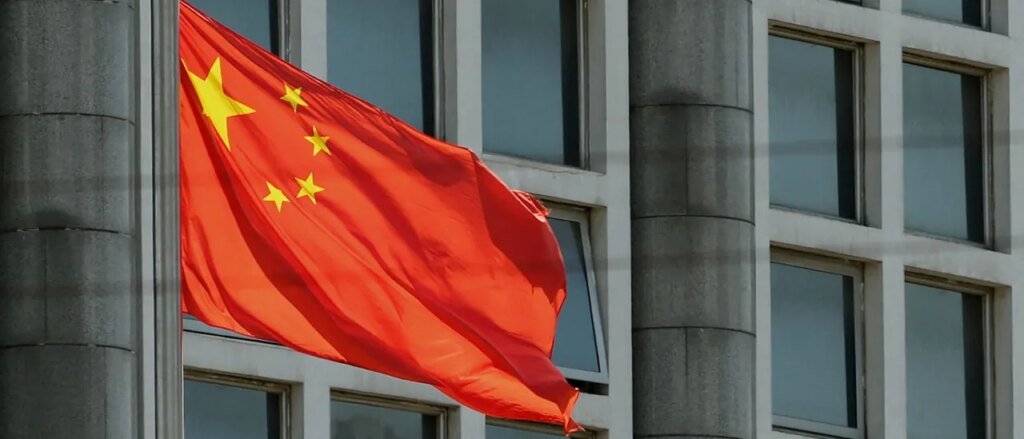Shifting Geopolitical Dynamics: US, Russia, and China
China is significantly ramping up its naval and nuclear capabilities, while Russia seems to be struggling economically, which isn’t helping its ambitions in Ukraine.
During Donald J. Trump’s presidency, the U.S. emerged from a lengthy hiatus regarding its position among global powers. The outdated defense systems from the Cold War have taken a toll, showing wear after two decades of conflict focused on battling insurgency and attempting nation-building efforts.
However, the landscape has shifted dramatically in recent years.
The U.S. and its allies, particularly Israel, have undertaken Operation Midnight Hammer, targeting Iran’s underground nuclear operations. This initiative has proven to be quite successful. Interestingly, Iran’s primary supporters, Russia and China, have not provided meaningful backing. Consequently, with U.S. support, Israel managed to dismantle Hamas as a military threat, weaken Hezbollah in Lebanon, and significantly reduce Iran’s missile capabilities. This has rendered Iran’s defenses against Israeli actions much less effective, leading to setbacks for the Iranian-aligned Houthis in Yemen. After enduring a brutal conflict, the Assad regime in Syria has also faced dire consequences, losing several key proxy forces intended to delay Israeli responses to any potential nuclear threats from Iran. Billions have been spent by Iran for this very purpose, only to see it unravel.
Yet, it was Israel that outmaneuvered Iran and its allies, enabling the U.S. to take decisive actions against Iran’s nuclear aspirations while both Russia and China appear increasingly powerless.
The shift toward a new chapter in the Middle East is now redirecting attention to Europe and the Indo-Pacific, with two potential paths becoming distinctly visible. One of these could become clearer by the end of this year.
The first path indicates a continuation of the national security successes from Trump’s era, but current developments in Russia are unfolding in unexpected ways. Putin’s strategies are not yielding the results he may have hoped for. U.S. sanctions are taking a toll on Russia’s oil sector, and Trump has made strides in facilitating arms sales to NATO countries, allowing them to supply Ukraine. Coupled with Russia’s escalated, yet seemingly futile, military strategies in Ukraine, there’s a chance this could lead to a peace negotiation with Russia.
However, this relatively optimistic outlook faces a significant hurdle: China.
In a recent discussion, Chinese Foreign Minister Wang Yi indicated that Beijing wouldn’t support Russia’s losses in Ukraine, a striking deviation from China’s previous stance of official neutrality. This raises a question: Why is China motivated to prolong Russia’s conflict with Ukraine? Could it be to distract the U.S. from focusing on China itself?
The most likely answer relates to Taiwan. The second, more troubling scenario suggests that China could be contemplating an invasion of Taiwan, viewing the depletion of Western armaments in Ukraine as a strategic opportunity. In such a case, the weapons sent to support Ukraine could weaken Western defenses against a Chinese move on Taiwan, especially as the Chinese Communist Party struggles with internal issues.
Concerns about potential military action have been voiced, with Defense Secretary warning during the Shangri-La Dialogue in May that the threat of Chinese aggression toward Taiwan is “imminent.”
Weather conditions also factor into this dynamic.
The challenging weather in the Taiwan Strait typically presents challenges in April and October, known for unpredictable storms and currents.
As America focuses on addressing its military deficiencies, China seems to be facing escalating economic problems. The coming months could prove crucial.
This situation presents a complex challenge for policymakers. Preventing a Russian victory and bringing the conflict to an end align with U.S. interests, yet this could inadvertently bolster China’s position. Meanwhile, supporting Ukraine may deplete critical resources necessary for deterring any potential Chinese aggression.
It’s important to recognize that, historically, even complex missile systems are often produced in limited quantities. The intense rates of warfare can lead to quick exhaustion of stockpiles.
Additionally, modern systems often have shorter active lives compared to more traditional munitions. Thus, paradoxically, providing military support to NATO could motivate defense contractors to ramp up production capabilities further, enhancing U.S. deterrent strength.
Navigating the narrow space between peace and war is increasingly challenging. Relying on old Cold War strategies is no longer viable, highlighting the significance of Trump’s leadership during these times. Congress now has the authority to make necessary funding decisions to recalibrate U.S. defense strategies.
















